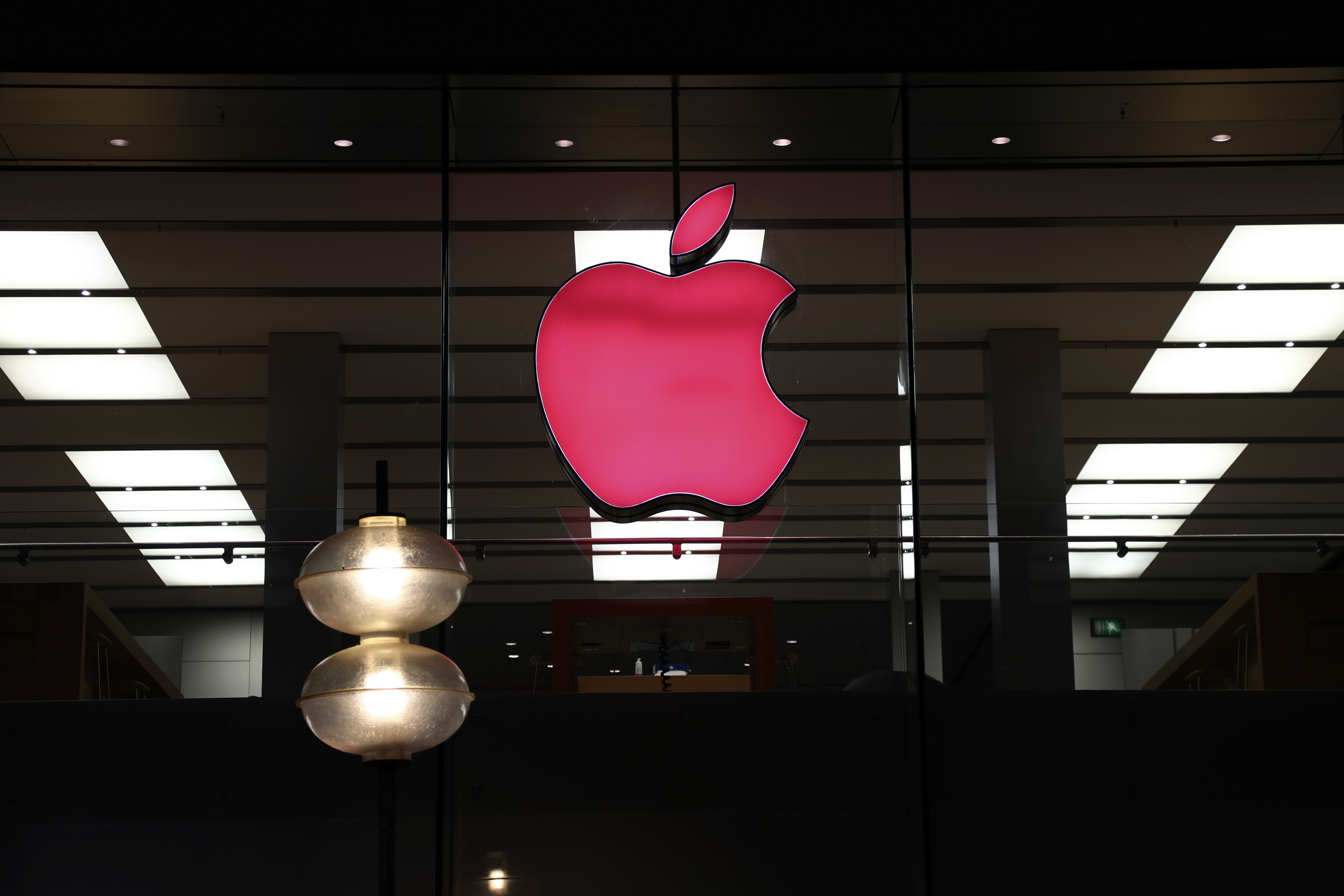Arab middle east doesn't fear Iran, according to a new poll.
A new poll of Arab public opinion (via Patrick Appel) should help to frame the debate over U.S. mideast strategy:
The vast majority of the Arab public does not believe that Iran poses a threat to the "security of the Arab homeland." Only 5 percent of respondents named Iran as a source of threat, versus 22 percent who named the U.S. The first place was reserved for Israel, which 51 percent of respondents named as a threat to Arab national security. Arab societies differed modestly in their answers: The largest percentage viewing Iran as a threat was reported in Lebanon and Jordan (10 percent) and the lowest (1 percent or less) was reported in Egypt, Tunisia, Algeria, Mauritania, and the Sudan. Even when respondents were asked about the state that poses the greatest threat to their particular country, the pattern held: Iran (7 percent), U.S. (14 percent), and Israel (35 percent). Interestingly, while Saudi Arabia is often cited as the primary Arab state in support of belligerence against Iran, the data indicate that this view doesn't seem to extend to its public. In the Saudi Arabian sample, only 8 percent believed that Iran presents a threat -- a lower percentage even than that which viewed the U.S. as a source of threat (13 percent).
Ponder this last finding. Saudi Arabia - a U.S. ally, showered with advanced American weapons, protected in 1991 from Saddam Hussein's approaching army - thinks the U.S. is a bigger threat to it than Iran.
It's little wonder why the region's autocrats want America to do the dirty work of attacking Iran for them. They not only get to hold America's coat, but the outrage from their own publics gets deflected off of them and onto the U.S. The real question is why on Earth Washington would oblige them.











